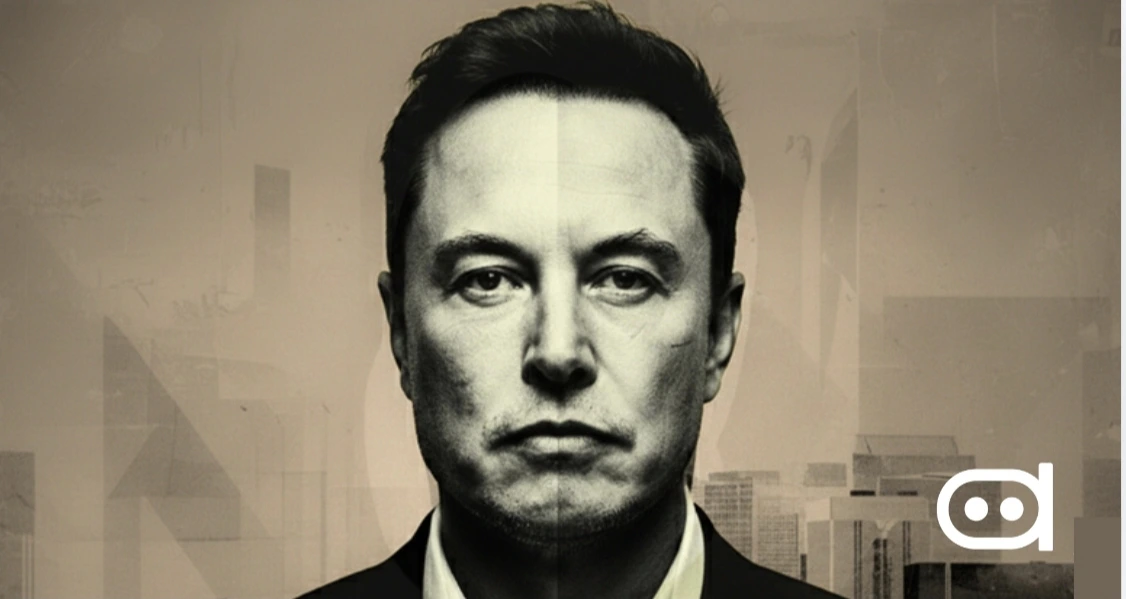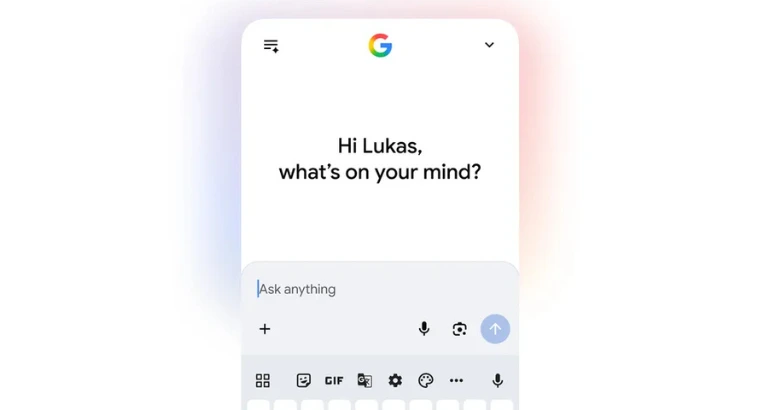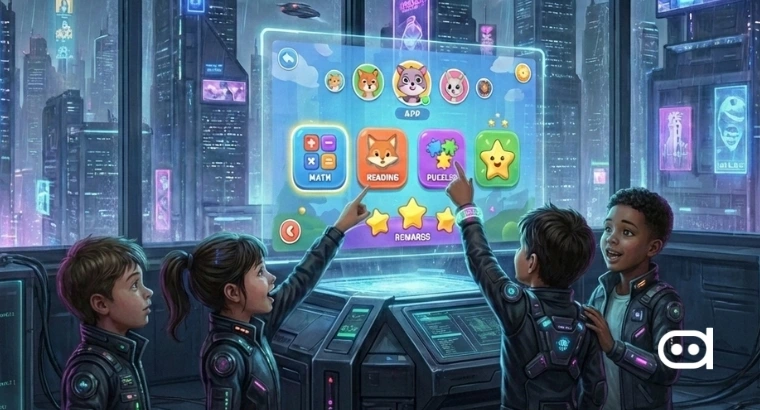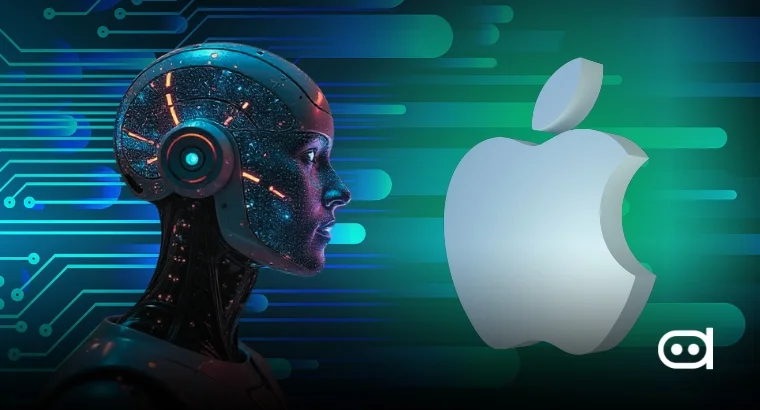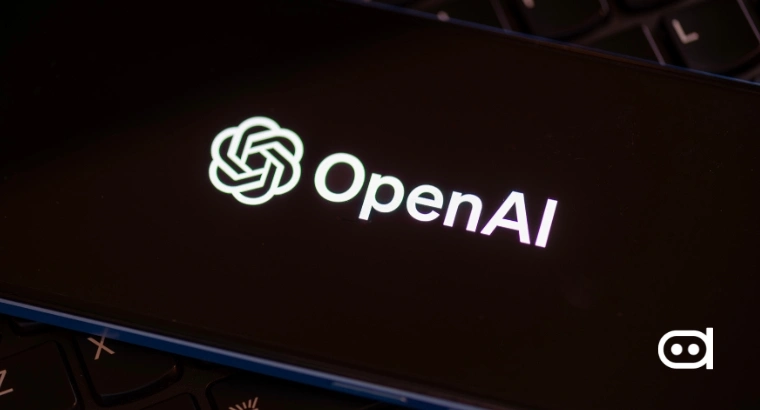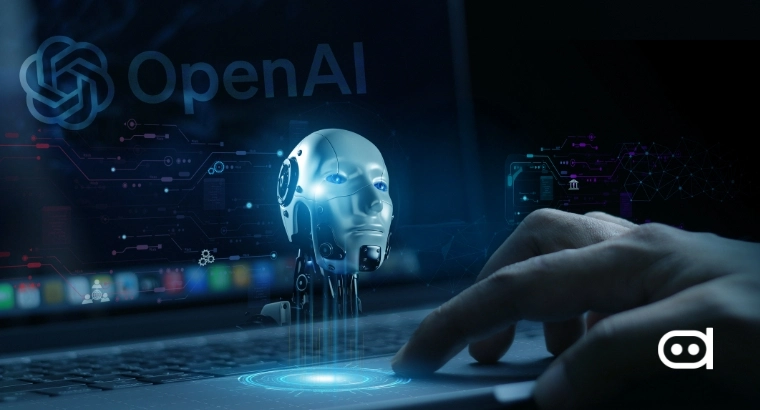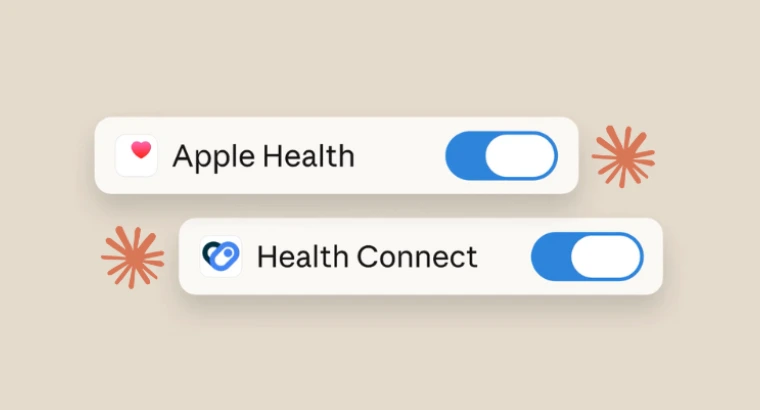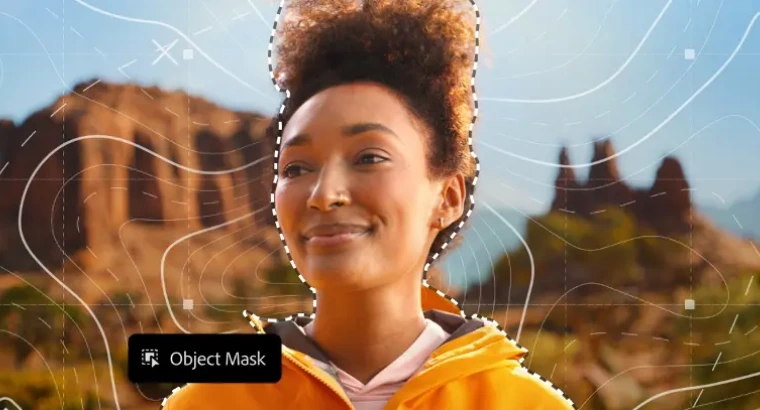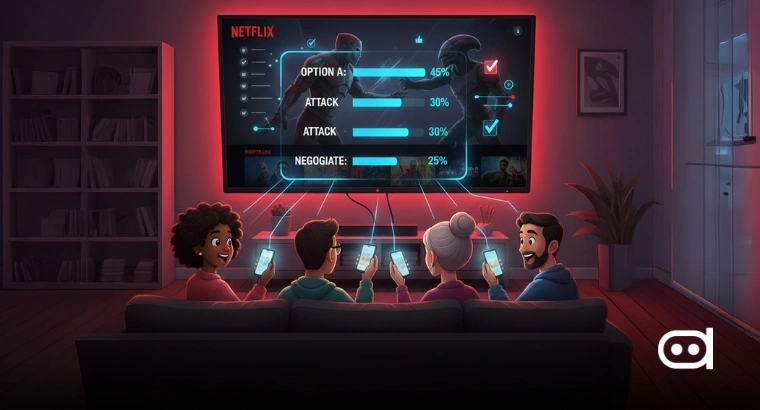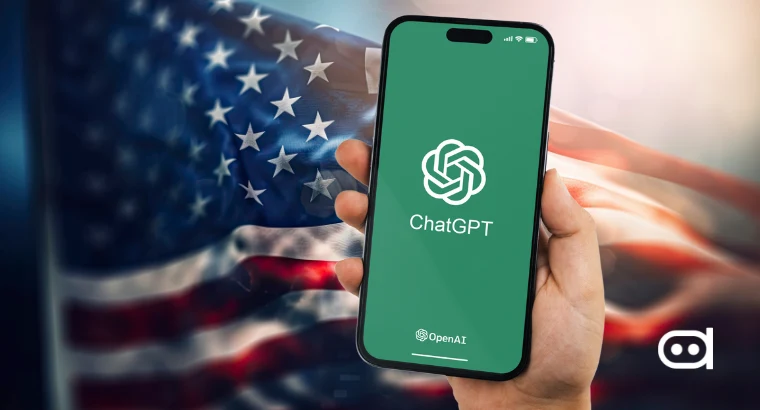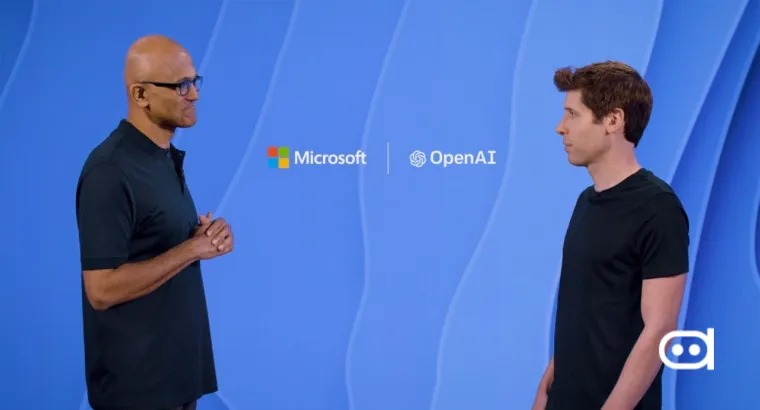
Artificial intelligence promised to make our lives easier, not costlier. Yet, the latest controversy around Microsoft’s AI-powered Copilot subscription in Australia shows that the line between innovation and exploitation is getting blurred. The Australian Competition and Consumer Commission (ACCC) has sued Microsoft for allegedly misleading over 27 million users into paying more for its Microsoft 365 subscription with the Copilot bundle, while not advertising enough for its base tier plan without the bundle.
If this dark pattern sounds familiar, that’s because OpenAI, the company behind ChatGPT, has been on the radar for quietly laying the groundwork for ad-driven monetisation. Given the strong alliance between OpenAI and Microsoft, the recent business practices from the two raise concern over the use of AI for draining consumer pockets in direct and indirect ways.
The Copilot Controversy
According to the ACCC, Microsoft increased the prices of its Microsoft 365 Personal Plan from AUD 109 to AUD 159, which translates to a 45% hike. This new upgrade came with Copilot integration across Office apps and other services. Customers were told to upgrade their plans, or cancel their subscription. However, Microsoft failed to clearly mention to its users that a basic tier, without the Copilot integration, was also available at a cheaper price.
This move tricked millions of users into upgrading their Microsoft 365 subscription with Copilot, even if they did not need it, just to keep using Office 365 apps and other services. This is a textbook example of dark patterns, where a business manipulates its customers visually into doing something that benefits the company, and not the consumer.
The Australian regulator argues this as unfair trade practice, and hence has dragged Microsoft to the court. If the American IT giant is found guilty, it would result in fines worth millions, along with potential refunds to users who paid for the hiked subscription. However, the case is currently in progress, and there is no verdict on the same.
Following the OpenAI Playbook
While Microsoft faces backlash for forcing users towards paid AI plans, OpenAI is exploring subtler ways to monetise its massive userbase. The Sam Altman company is reportedly hiring engineers and other technical staff from Meta to build an advertising infrastructure within ChatGPT.
The company has also been spotted hiring for roles like “Growth Paid Marketing Platform Engineer” with responsibilities like ad campaign integration, analytics, and monetisation tracking. If we connect the dots, it looks like OpenAI is figuring out ways to show ads to users based on theri past interactions and memory with ChatGPT.
Although ChatGPT remains ad-free today, the product head Nick Hurtley has mentioned it in the past that OpenAI has ruled out ads completely. Hence, there is always a possibility of getting highly contextual and relevant ads in ChatGPT, somewhere down the line.
Also Read: OpenAI Finally Admits Why AI Models Hallucinate
The Similarities of OpenAI and Microsoft
Based on what we have seen so far from OpenAI and Microsoft, the intention of both tech giants appears to be similar: turning AI engagement into buisness revenue in direct or indirect ways. This is a subtle erosion of trust, under the banner of AI innovation. People who used to turn to Microsoft Office apps and ChatGPT for their daily work could slowly start doubting the responses of both, because of these actions.
What makes this more troubling are the shifting consumer habits, where people are now getting used to chatbots and AI services even for basic tasks. Since OpenAI and Microsoft enjoy a near-monopoly in their respective fields, they could soon start milking their users for money, the same people who made these businesses to what they are today.
At this point, this is not about offering a smart software, but its all about smart marketing.
